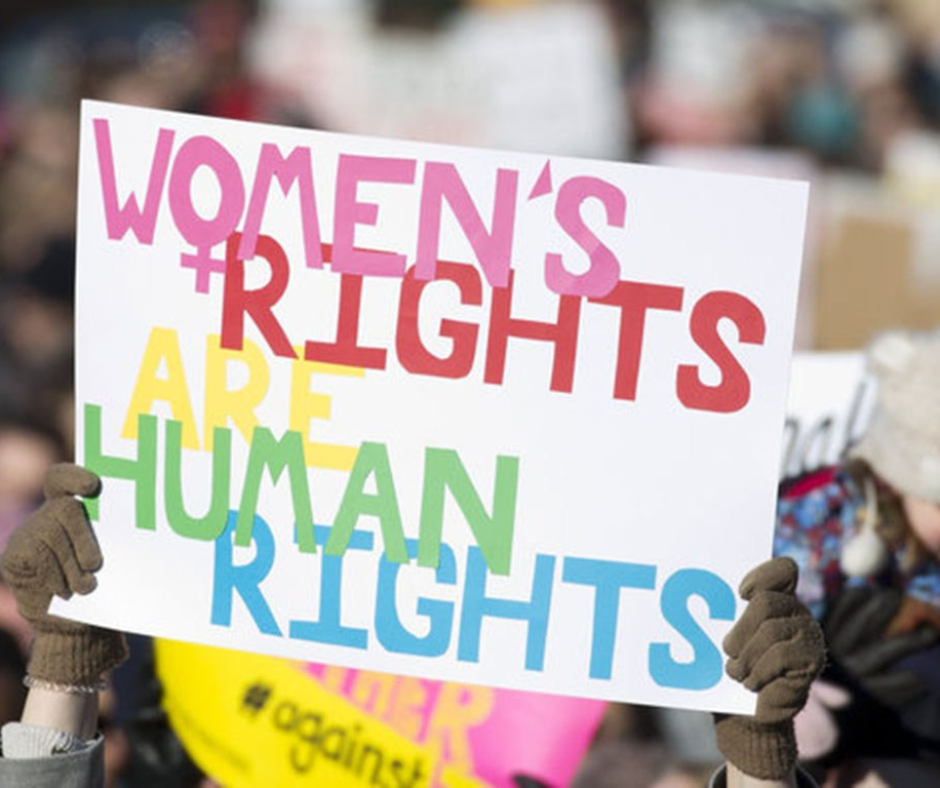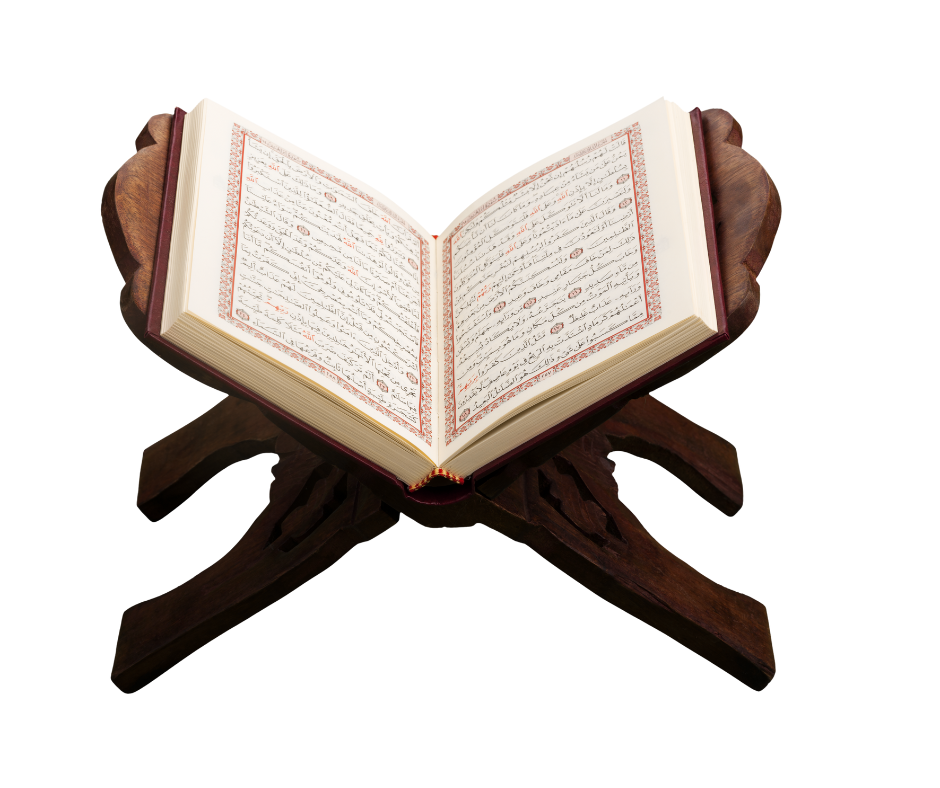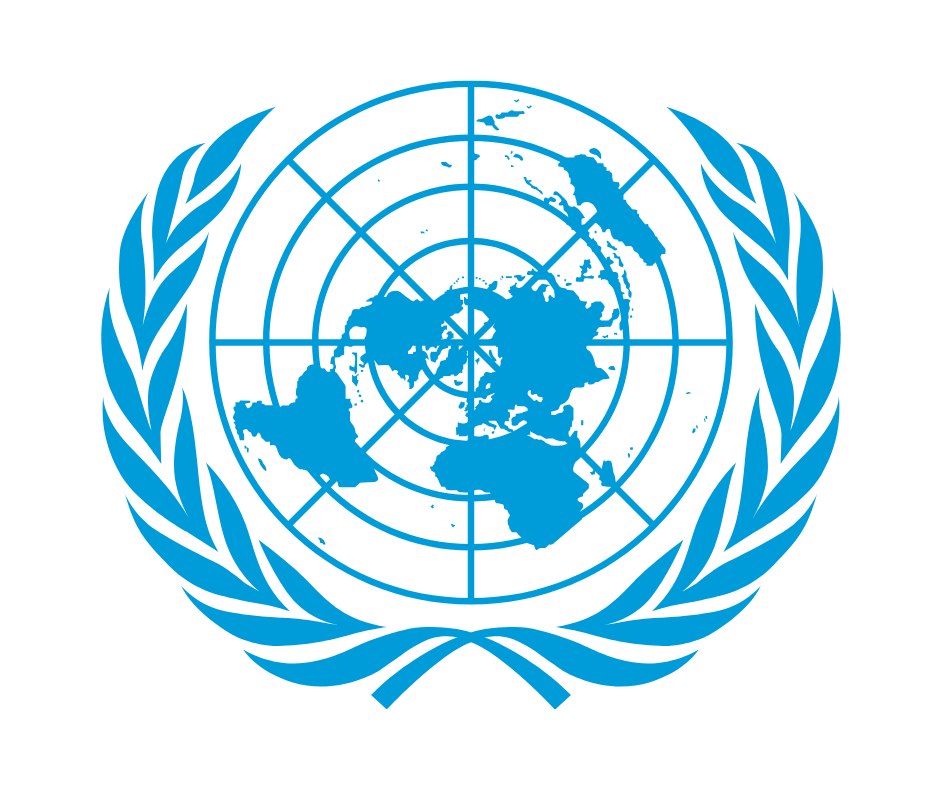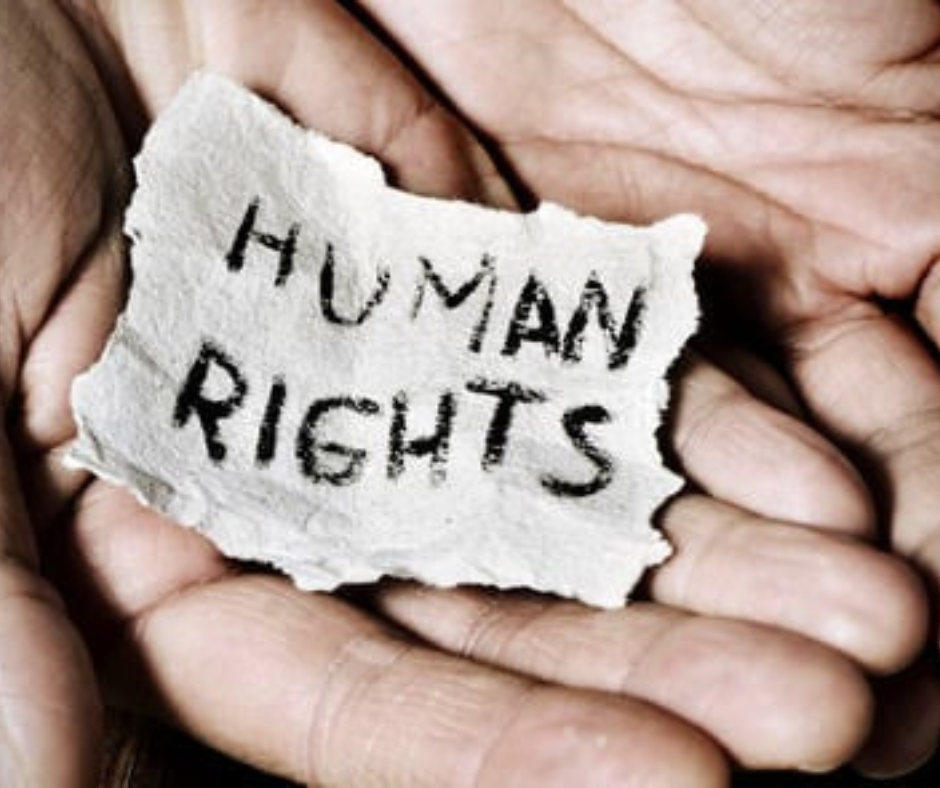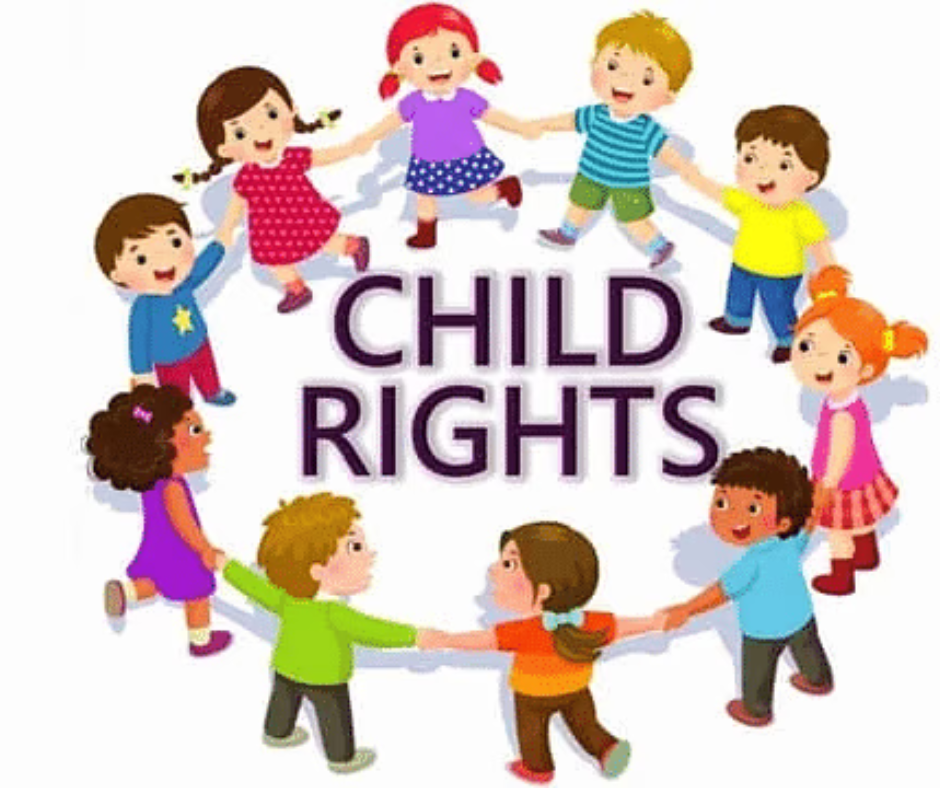Women’s Rights in Islam and the UN Framework
Women’s rights in Islam are rooted in justice, respect, and equality. The Quran and Hadith guarantee women the right to education, property ownership, inheritance, and protection from oppression. These teachings are in harmony with the United Nations Convention on the Elimination of All Forms of Discrimination Against Women (CEDAW) and broader human rights frameworks. Islam acknowledges women as equal partners in society, and when paired with global human rights law, it ensures dignity, empowerment, and freedom for women worldwide.
